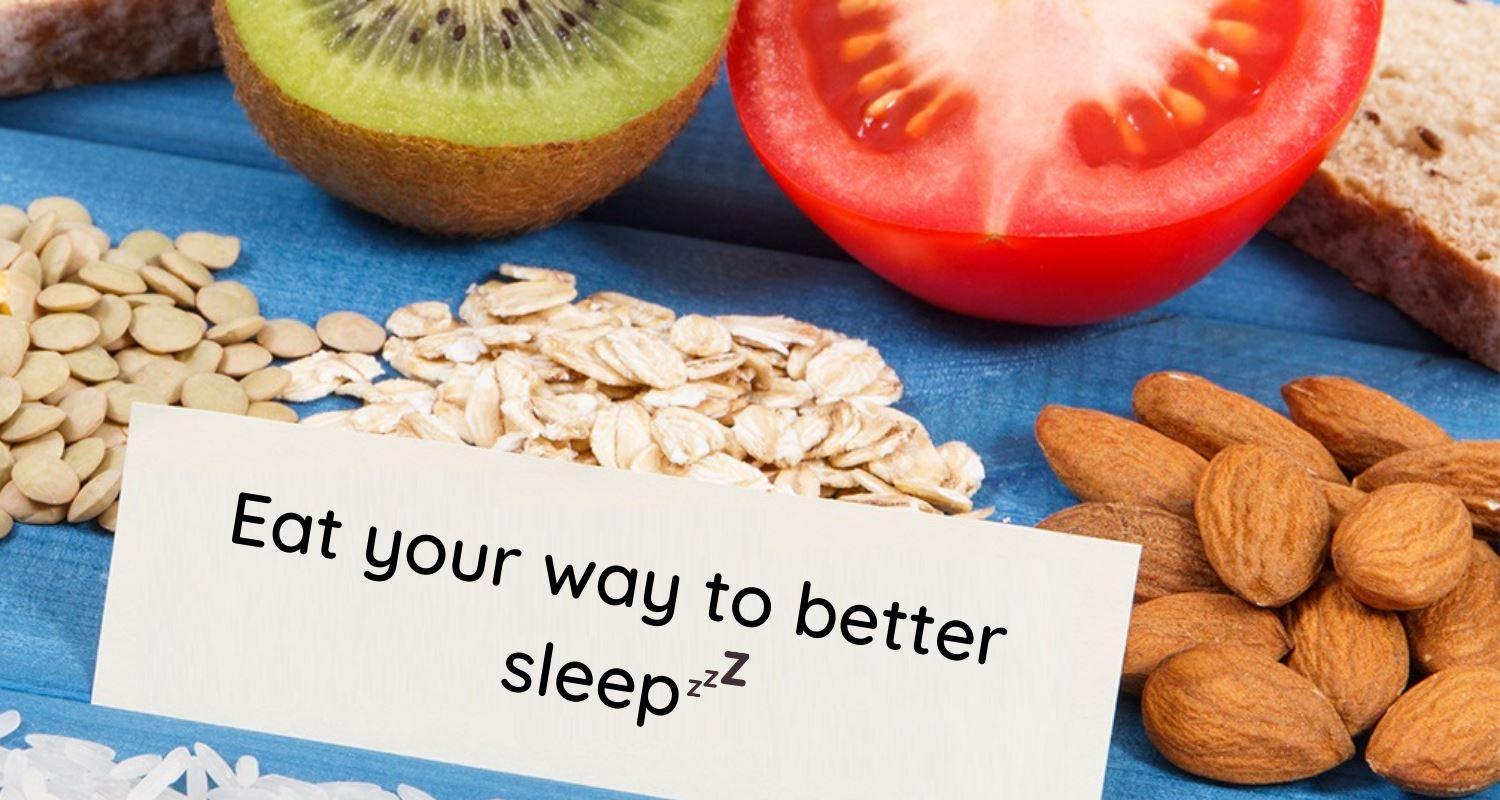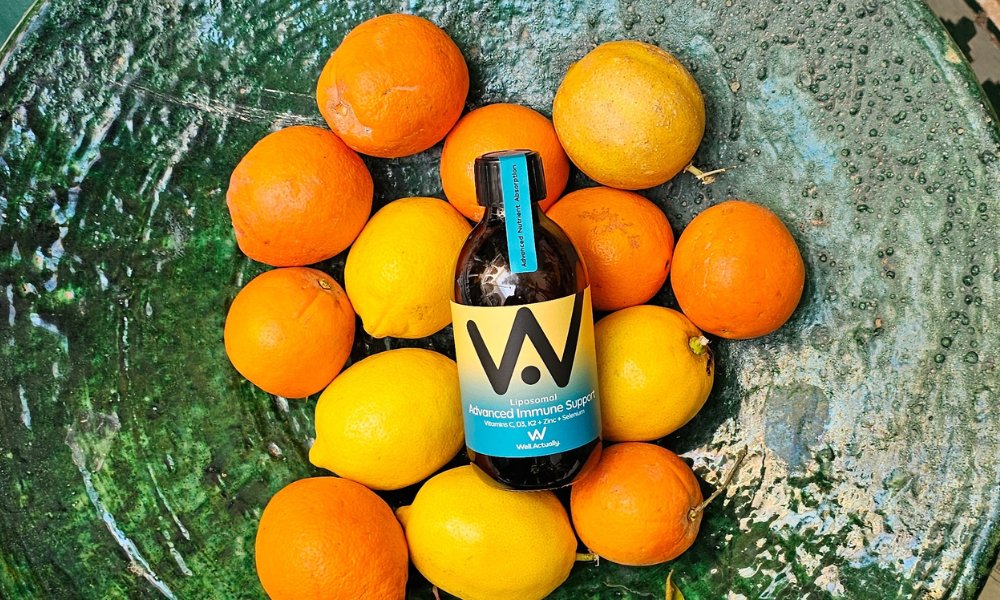Sleep is one of the most vital functions that our bodies need to recharge, repair, and remain healthy. Doctors recommend that adults should get between 6-9 hours of sleep per day, on average. Yet, due to stress, illness, irregular sleep schedules, and lifestyle habits, we don't always get the required amount of sleep. According to the Sleep Council, 40% of people in the UK suffer from sleep problems.
Similarly, studies show that most British adults do not prioritize sleep, choosing instead to spend time doing other things. When we eventually get to bed, we compromise sleep quality with 'bad habits' such as using electronic gadgets. The blue light emitted from these devices stimulates and confuses the brain, negatively affecting sleep.
Yet, sleep deprivation has profound health implications, such as a weakened immune system. This means that your body will find it much harder to fight disease if you do not sleep enough. The brain also suffers from a lack of sleep, and as a result, cognitive function is lowed. Inadequate sleep will negatively impact your concentration, focus, memory, and problem-solving abilities. That is not all, as lack of sleep has been seen to lower libido and contribute to weight gain.
There are numerous things that we can do to get a proper handle on our sleeping habits. This article focuses on one that we don't immediately associate with sleep- food. What we eat in the hours leading to bedtime can significantly affect our quality of sleep. Some foods can calm the brain and boost sleep, while others can hinder it.
Best Food and Drinks to Have Before Bed

Research has shown that specific nutrients play a role in the quality and duration of sleep. Some of these include:
- Kiwi
Small as it is, the kiwi fruit is a potent antioxidant that also contains minerals like potassium and vitamins C and E. It also has high amounts of Vitamin K, an unsung hero in the vitamin world. Studies have shown that people with sleep disorders also have increased oxidative stress. The antioxidants in kiwi fruit can fight this oxidative stress. More importantly, kiwi fruit contains high serotonin levels, a chemical precursor to melatonin, the sleep hormone. In a study discussed in ongoing research, people who ate two kiwis an hour before bed reported falling asleep faster and enjoying better sleep for a longer duration.
- Almonds
The almond is a popular tree nut that is native to the Middle East. They are rich in healthy fats, vitamins, and minerals like manganese and magnesium. Other than reducing oxidative stress and blood sugar levels, almonds also lower cholesterol levels. When it comes to sleep, almonds, like other similar nuts, contain melatonin, a hormone that regulates sleep cycles. As mentioned, almonds are a good source of magnesium, and some studies show that this mineral can improve sleep, particularly in people struggling with insomnia.
- Chamomile Tea
Chamomile tea is a good choice of beverage when it comes to sleep-inducing drinks. For hundreds of years, this ancient herb has been used to treat various ailments, including insomnia, anxiety, and hysteria. Chamomile contains flavonoids that bind specific receptors in the brain, and for this reason, it is thought of as a mild tranquilizer and sleep inducer. One study shows that 34 patients who took 270mg of chamomile tea two times a day for 28 days reported less night time wakening and better day time functioning. Chamomile is also available as a dietary supplement, a great choice for those who would like to get the benefits of the tea in one easy to swallow capsule.

- Bananas
Bananas are an easy to go to snack that has high levels of potassium and magnesium. These two minerals are natural muscle relaxants that contain an amino acid called L-tryptophan. Once in the body, this amino acid is converted to serotonin, which relaxes the body. Serotonin is also required to synthesize melatonin, a crucial hormone that regulates the body's biological clock. If you find yourself feeling hungry before bedtime, grabbing a banana will not only satiate you but help you sleep better.
- Tomatoes
Tomatoes are rich in a chemical called lycopene, the substance that gives them their bright red colour. Lycopene is a potent antioxidant with numerous health benefits. It protects body cells from oxidative stress caused by free radicals and is known to fight some type of cancers. Tomatoes are also filled with potassium, vitamin C and Vitamin K. Potassium, in particular, relaxes muscles and promotes deeper sleep.
- Grapes
Grapes are packed with naturally occurring melatonin, the sleep hormone. Although the body produces melatonin naturally, incorporating grapes in your diet might increase the amounts, improving the sleep-wake cycle. Grapes are also rich in polyphenols, a powerful antioxidant as well as vitamins C and A, potassium, and fiber.

- Mushrooms
Mushrooms are rich in vitamin D, selenium, and potassium. A survey carried in the Journal of Sleep Research shows that selenium deficiency can lead to sleep abnormalities, such as difficulty falling asleep. Another study showed that having lower vitamin D levels results in shorter sleep duration. Reishi mushrooms, in particular, are useful in reducing stress and fatigue while promoting good sleep.
- Tart Cherry Juice
Tart cherries (different from sweet cherries) have distinct sleep benefits. This is because cherries have high levels of melatonin, the hormone that helps regulate the sleep-wake cycle. A study conducted to investigate insomnia found that cherry juice increased sleep time and efficiency. Because cherries also have antioxidant effects, they ease inflammation, which can lead to better sleep.
- If your diet includes Fatty Fish
Fatty fish like tuna, salmon, sardines and trout have high amounts of Omega 3 oils, all of which have numerous health benefits. Growing research shows that other than heart and brain health, fatty fish contribute to better sleep. Notably, they are rich in DHA (docosahexaenoic acid), which stimulates the production of melatonin. Melatonin works alongside the body's circadian rhythm to diminish alertness and lower blood pressure, preparing the body for sleep. Omega 3's do not only promote sleep in adults but children as well.
Other Factors Surrounding Food that Can Impact the Quality of Sleep:

- Timing- Studies now show that other than what you eat, when you eat is equally important. Like any other body system, the digestive system benefits significantly from rest as you sleep as this is when it repairs and rejuvenates itself. When you eat a large meal just before bed (worse if it's spicy), you force your digestive system to keep working at a time when it is not as efficient. This can result in indigestion, constipation, acid reflux, and general discomfort, all of which can keep you awake long past your sleeping hours. Therefore, it is advisable to eat most of your calories earlier in the day to give the digestive system a much-needed break at night.
- Chewing habits- It is not every day that we stop to think of how we chew our food and its impact. As it turns out, not chewing properly can result in digestive problems. As we chew food, it mixes with digestive enzymes in our saliva, breaking it down for better absorption of nutrients. When we swallow food that is not adequately chewed, we only make things harder for the digestive system as improperly chewed food doesn't contain enough digestive enzymes. This can cause gas, bloating, acid reflux, and nausea, which can keep you awake at night.
- Eating too little/ too much- Going to bed hungry is not necessarily bad, particularly if you observe a particular diet. However, hunger pangs might keep your brain alert, which will keep you tossing and turning and prevent you from falling into a deep sleep. Taking a healthy snack or fruit can salvage this situation. On the other hand, overeating keeps your digestive system active as you sleep, and as discussed, this can result in problems like acid-reflux and discomfort, which disrupts sleep.
- Type of food- Just as we have seen, certain types of food can promote sleep, and others can hinder it. Spicy foods and unhealthy fats can cause heartburn and indigestion. Stimulants like caffeine can keep your mind alert and prevent you from falling asleep. Similarly, if you take foods with high water content, you might have to make a few bathroom trips during the night, further disrupting sleep.

Conclusion
Eat your way to better sleep, and sleep your way to better health! As seen in this article, food can either promote or hinder good sleep. What you eat and when you eat is essential. How you chew your food also factors in, particularly if you eat close to bedtime. Avoid spicy, fatty foods at night as these will keep you awake.
If you must have a snack before bedtime, reach out for some kiwi, almonds, or a cup of chamomile tea and do yourself a world of good.
If you don’t have the right food snacks or time to manage what you eat, have you thought have about taking a supplement like Neuro Night which includes ingredients such as Magnesium, Reishi mushrooms, Chamomile and serotonin boosting 5-HTP. Find out more here.





